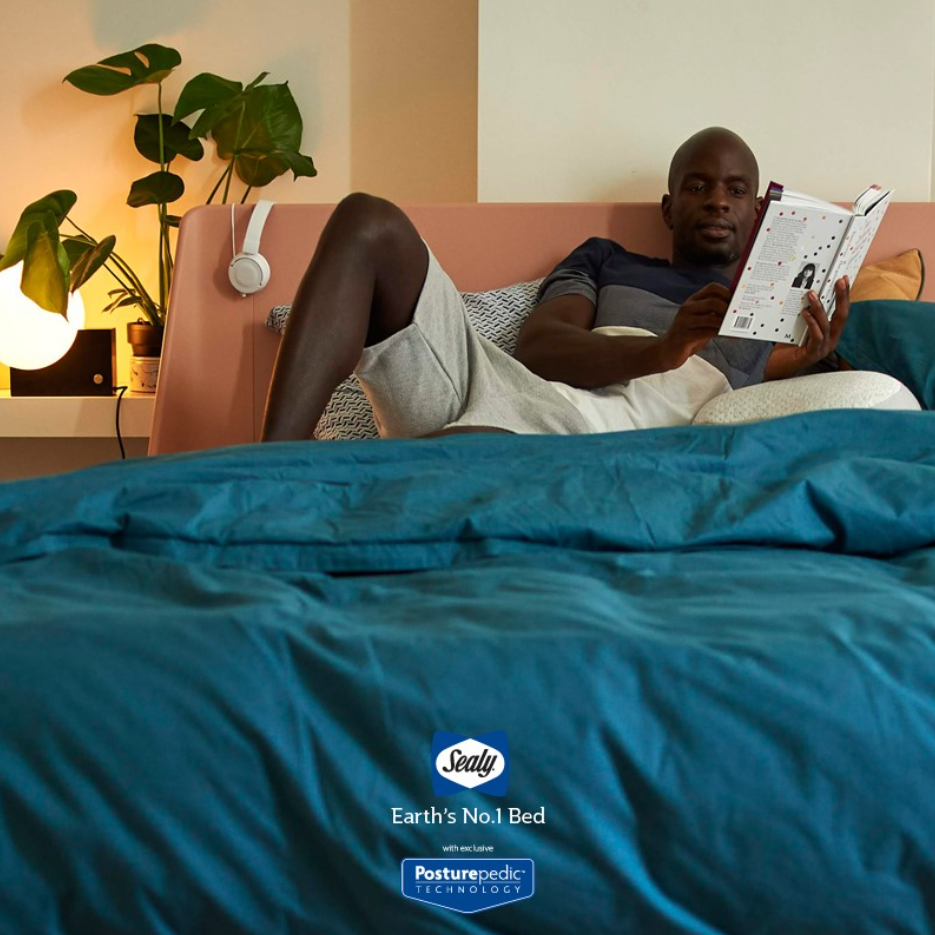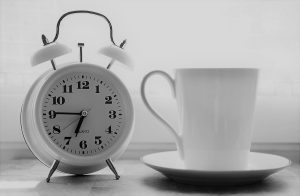Your body is always busy using energy to repair cells, breathing, consolidating memories and working through a lot of other functions – and so, you are constantly burning calories. In this blog post, we explore how you can burn more calories while you sleep. Yes, you read that correctly, you burn calories even while you’re fast asleep, and it is possible to increase the number of calories you burn during slumber.
A good night’s sleep usually requires you to be fully relaxed, but even in this relaxed state, sleep is not an inactive state. Your body is still doing all the things we mentioned above, and during sleep your body is doing lots of other important work, like producing additional hormones that boost the immune system. This all requires energy, and energy out = calories burnt.
How many calories do you burn when you sleep?
The answer is variable – it depends on a number of factors such as your basal metabolic rate (BMR), the quality of your sleep, diet, exercise, etc. However, according to the Sleep Doctor, a 70kg person would burn around 440 calories during seven hours of sleep.
Hormones, sleep and calories
Aim to get more REM (Rapid Eye Movement) sleep. This happens in Stage 5, the last stage of sleep when your brain is more active and your breathing becomes faster and irregular, and it’s when you burn the most calories. The increased brain activity during REM sleep uses more glucose, which has a positive knock-on effect on your metabolism.
With good quality sleep, your body produces more melatonin, a hormone that regulates the sleep-wake cycle. Melatonin helps your body regulate the energy balance and produce more brown and beige fats. Those are good fats that actually help us lose weight.
Our bodies have more than one type of fat. There’s white fat, brown fat and beige fat. Brown and beige fats are also known as ‘thinning fats’ and they help manage insulin levels, regulate blood sugar and guard against obesity and metabolic disorders. Healthy sleep helps your body produce more of these fats.
There are two other hormones that are linked to good sleep and weight loss: Ghrelin and Leptin. Ghrelin tells your body when it’s time to eat, and leptin tells your body when to stop eating. When you are sleep-deprived, your body produces more ghrelin and less leptin. To put it more simply, when you don’t get enough sleep, it’s harder to control those cravings, thanks to these two hormones. Flip the story though – get enough sleep, and it will be easier to eat less.
How to burn more calories while sleeping
The better you sleep, the more calories you will burn while sleeping. Below are some tips to help ensure you get a good night’s sleep:
- Sleep in a cooler room. A cool environment encourages the body to convert white fat into our favourite types of fat – brown and beige fat.
- Get the foundation right: A good mattress. If you’ve been sinking into an old, uncomfortable bed each night, your body is not being supported and you will struggle to get good quality sleep. Sealy’s exclusive Posturepedic Technology™ mattresses are built strategically to help provide proper support for the entire body, comfort for a great night’s sleep and durability for peace of mind. Orthopedically correct mattress design fully supports the body while at the same time relieving pressure points, allowing the body to fully relax.
- Don’t stay up too late. The longer you’re awake, the higher your chance of giving in to those cravings – and it could be because your Ghrelin and Leptin production is out of whack because you’re not getting enough sleep.
- Eat to sleep. Eating carbohydrates with a high glycaemic index four hours before bedtime, such as white rice and pasta, could reduce the time it takes to fall asleep because they increase the level of serotonin in your body, which is known as a “wellness chemical” with sleep-inducing effects. Eat predominantly easily digestible carbohydrates, and not too much fat. Avoid stimulating food or drinks, such as chilli and coffee.
- Try not to look at screens (cell phone, TV, laptop, etc.) at least two hours before bed. These are sources of blue light. Blue light, especially natural sources, can boost your mental alertness, which is good during the day but not so good when you’re trying to sleep. It blocks melatonin, which helps you feel sleepy. If you are unable to cut back on screen time, consider investing in blue light blocking glasses.
- Get some exercise during the day – but no rigorous exercise at least two hours before bedtime. This will help you fall asleep faster and it will release more endorphins, which make you feel happy and improve sleep quality.
- Stretch before bed. Slow, purposeful movements help you breathe slowly, relaxing your body and mind. Click here for some stretches that will help you fall asleep fast.






